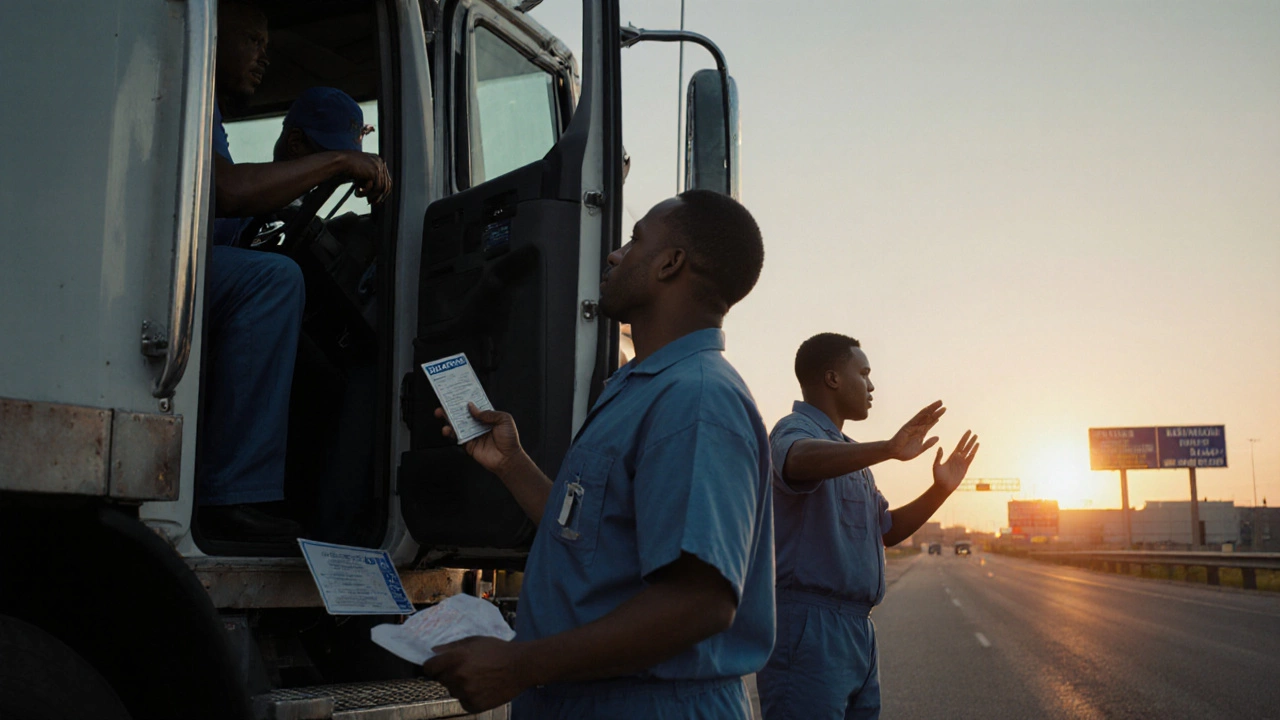Employment After Felony: Can You Get a Job with a Criminal Record?
When you have a felony, a serious criminal conviction that stays on your record for years, often limiting access to jobs, housing, and education. Also known as a felony conviction, it doesn’t erase your ability to work—but it does make the path harder. Many people assume a felony means the end of a career. That’s not true. Thousands of people with felony records work in warehouses, construction, IT support, customer service, and even teaching. The key isn’t hiding your past—it’s knowing how to present it.
Employers don’t automatically say no. They look at three things: what the crime was, how long ago it happened, and whether you’ve shown change. A drug possession charge from ten years ago? Many companies won’t care if you’ve stayed clean and built skills since. A violent offense? That’s tougher, but not impossible—especially in trades like welding or plumbing where trust is earned through work, not background checks alone. Some states even have laws that limit how far back employers can look. And certain industries, like logistics, manufacturing, and landscaping, actively hire ex-offenders because they need reliable workers and know how to train them.
second chance employment, programs and policies designed to help people with criminal records re-enter the workforce. Also known as fair chance hiring, it’s growing fast. Companies like Amazon, Home Depot, and Starbucks have changed their hiring policies. Nonprofits and government agencies run job training for ex-offenders in coding, HVAC repair, and commercial driving. You don’t need a degree to start. You need a resume that focuses on skills, not sentences. Certifications in welding, forklift operation, or basic IT can open doors faster than any college degree.
There’s also the criminal record, a permanent legal document listing arrests and convictions. Also known as a police record, it’s not always visible. Some background checks only show recent offenses. Others only show convictions, not arrests. And in some places, you can get your record sealed or expunged. That’s not magic—it’s paperwork. Talk to legal aid groups. They help people do this every day.
What you won’t find are jobs in law enforcement, childcare, or government roles that require security clearances. But those aren’t the only jobs that pay. The real question isn’t whether you can get hired—it’s whether you’ll let your past decide your future. The people who succeed after a felony aren’t the ones with perfect records. They’re the ones who showed up, stayed consistent, and built something real.
Below, you’ll find real guides on how to prepare for interviews, what to wear, which certifications matter most, and how to land work even when the system feels stacked against you. No fluff. No pity. Just what works.
Discover realistic, high-demand jobs for people with felony records-truck driving, warehouse work, construction, and more-that don’t require background checks or disqualify you by law. No fluff, just actionable paths to stable income.
